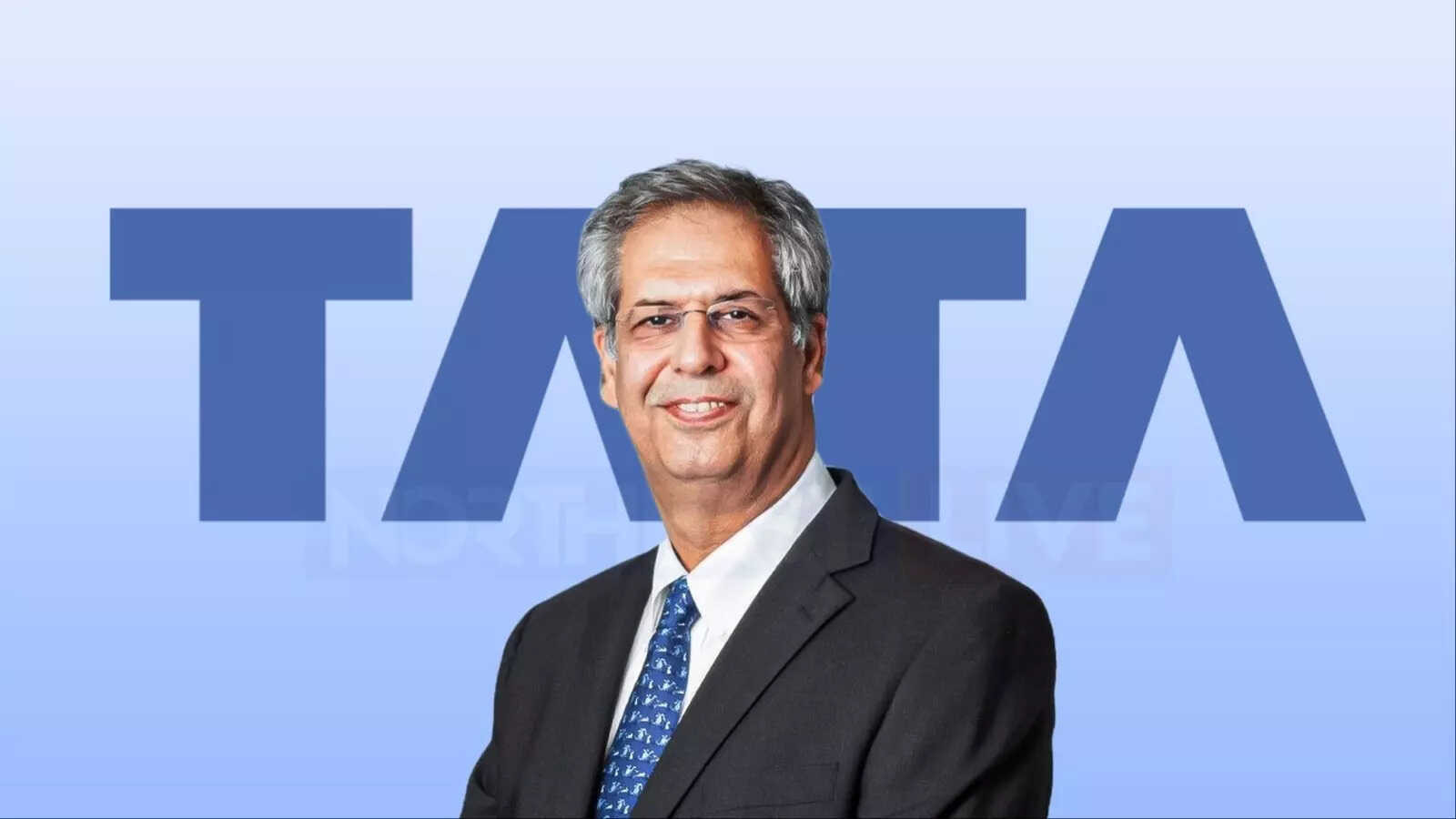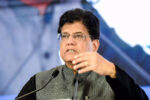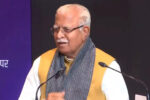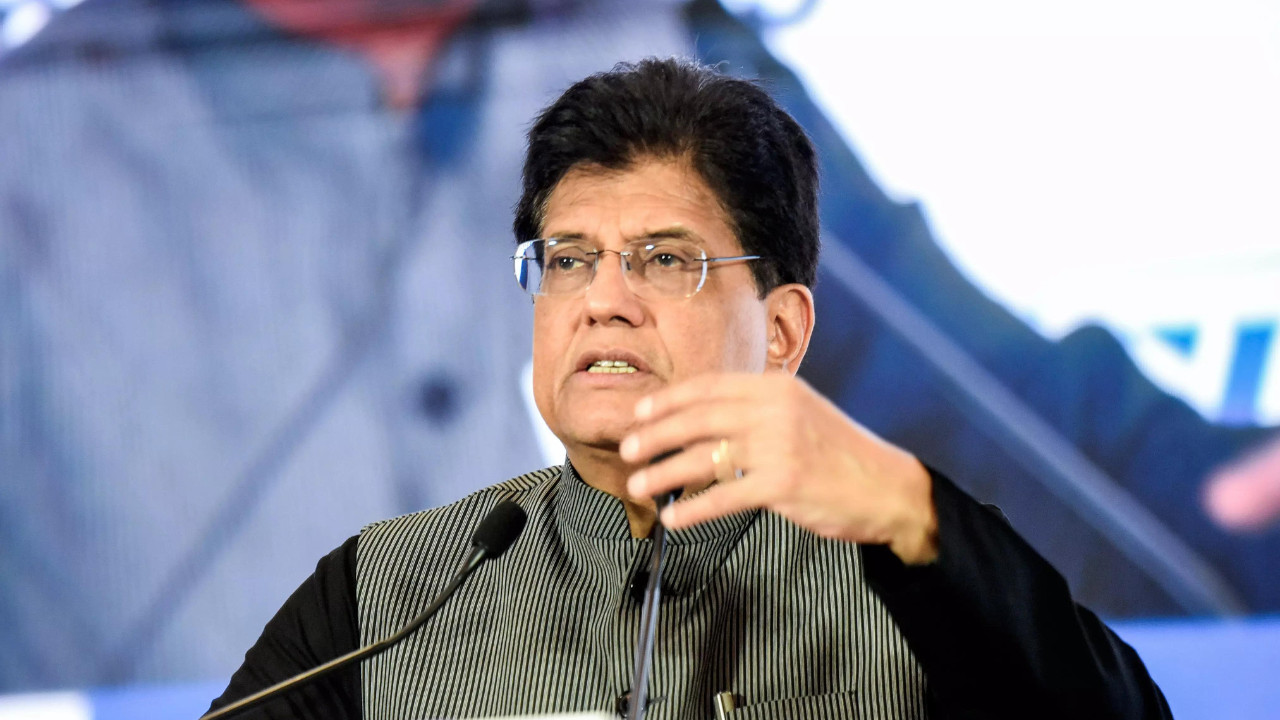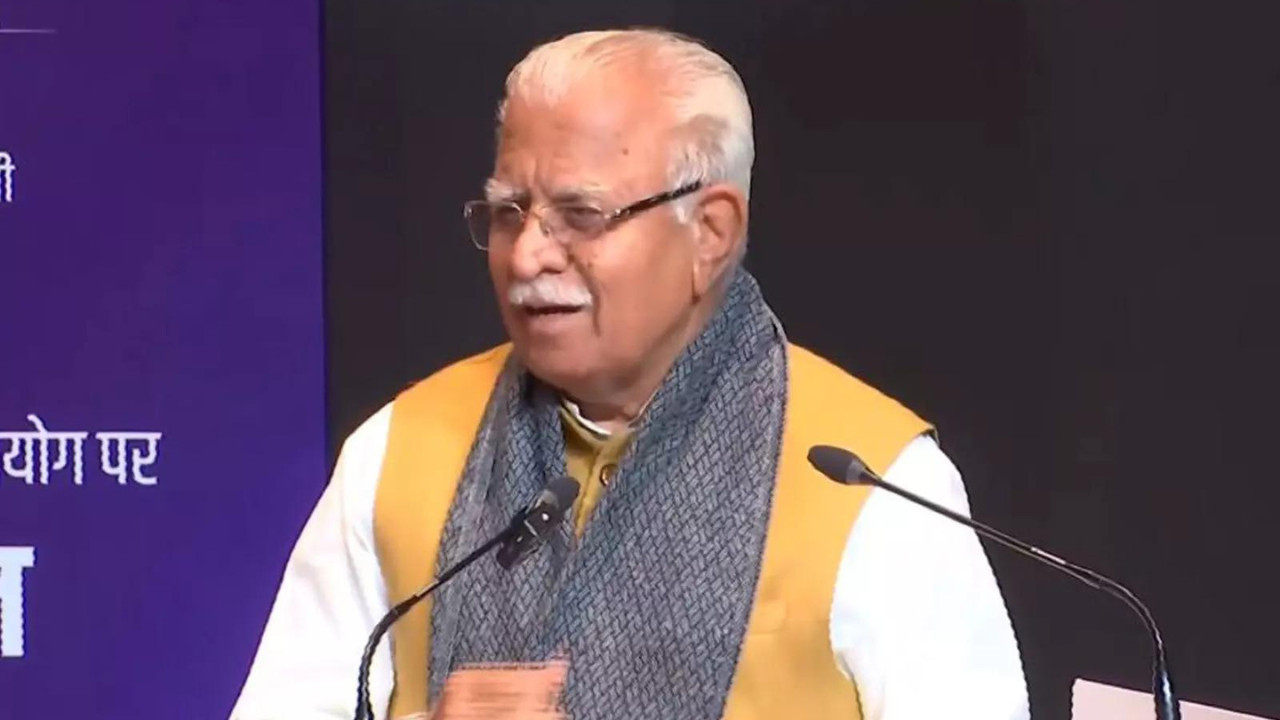Top Tata group leaders, including Noel Tata and N Chandrasekaran, met with Union Ministers Amit Shah and Nirmala Sitharaman to discuss internal disputes over board appointments and governance. The disagreements within Tata Trusts, which controls a majority stake in Tata Sons, are reportedly impacting the conglomerate’s operations.
Cracks in the Foundation: Tata Trusts Under Scrutiny
The Tata name. It’s synonymous with integrity, philanthropy, and nation-building. For generations, the Tata Trusts have quietly steered countless initiatives, impacting everything from healthcare to education across India. But lately, a storm has been brewing beneath the calm surface. Whispers of internal discord have grown louder, culminating in a series of high-level meetings that have caught the attention of the nation. What’s causing this turbulence within one of India’s most respected institutions?
The drama reportedly centers on disagreements among the trustees, individuals entrusted with the stewardship of the massive charitable empire. Details are scarce, but the rumblings suggest differing visions for the future direction and management of the Trusts. Such disagreements, while perhaps inevitable in any large organization, take on a heightened significance when the institution in question wields such considerable influence and manages vast sums of money earmarked for the public good.
The situation escalated to a point where senior Tata Group leaders felt compelled to seek intervention from the highest levels of government. It’s understood that meetings were held with Home Minister Amit Shah and Finance Minister Nirmala Sitharaman. While the specifics of these discussions remain confidential, the very fact that they occurred underscores the gravity of the situation. The government’s interest likely stems from the sheer scale of the Trusts’ operations and the potential impact any disruption could have on various social and economic programs. After all, these trusts are major philanthropic powerhouses.

Navigating the Murky Waters of Trustee Disagreements
So, what’s at the heart of these disagreements? Without inside access, it’s difficult to pinpoint the exact issues. However, speculation points towards potential clashes over investment strategies, project priorities, and the overall approach to grant-making. It’s plausible that some trustees favor a more traditional, conservative approach, while others advocate for bolder, more innovative initiatives. The challenge lies in finding a balance that honors the legacy of the Tata Trusts while also adapting to the evolving needs of a rapidly changing India.
Adding to the complexity is the inherent challenge of managing a multi-billion dollar endowment. The Tata Trusts are among the largest philanthropic organizations globally, and their decisions have far-reaching consequences. Ensuring transparency, accountability, and effective governance is paramount to maintaining public trust and maximizing the impact of their charitable endeavors. Finding consensus when diverse opinions and strategies collide is no easy task.
The Ripple Effect on Tata Group Operations
While the Tata Trusts operate independently from the Tata Group’s business entities, their close relationship means that any internal strife can have ripple effects. The Trusts hold significant stakes in Tata Sons, the holding company of the Tata Group. This ownership structure allows the Trusts to channel a substantial portion of the Group’s profits towards philanthropic activities. Any instability within the Trusts could potentially impact the Group’s strategic direction and its commitment to social responsibility. For example, this situation may impact their dedication to providing the best healthcare solutions in India.
The Tata brand is built on a foundation of ethical conduct and social impact. Maintaining that reputation is crucial for the long-term success of both the Tata Group and the Tata Trusts. Addressing the current challenges effectively and transparently is essential to reassuring stakeholders and preserving the integrity of the Tata name.
Looking Ahead: Resolving the Internal Conflict
The involvement of senior government officials suggests a concerted effort to mediate the disagreements and restore harmony within the Tata Trusts. The goal, presumably, is to find a resolution that respects the independence of the Trusts while ensuring that they continue to operate effectively and in accordance with their founding principles.
The path forward likely involves open communication, constructive dialogue, and a willingness to compromise. The trustees must find a way to bridge their differences and forge a shared vision for the future of the Tata Trusts. The stakes are high, not just for the Tata Group and the Trusts themselves, but for the millions of people who benefit from their philanthropic work. India needs its foundations to be rock solid. The focus on resolving these issues and safeguarding the integrity of this remarkable institution is paramount.
Ultimately, the future of the Tata Trusts hinges on the ability of its leaders to overcome their internal differences and reaffirm their commitment to the organization’s core mission. The world watches with bated breath.
